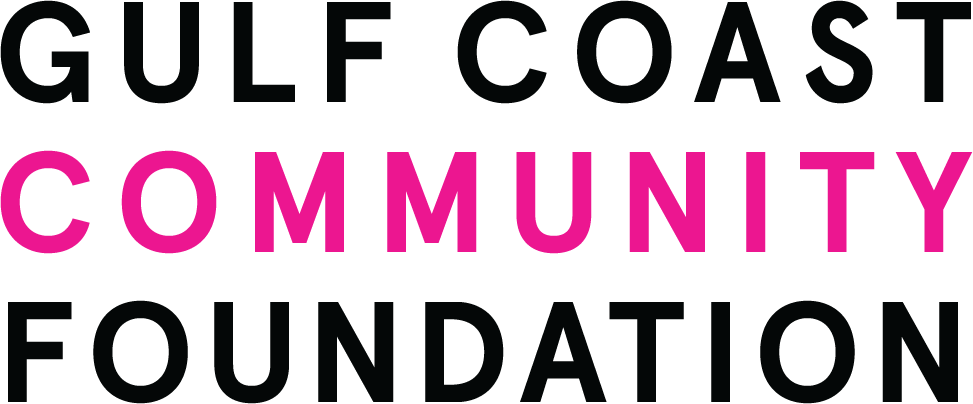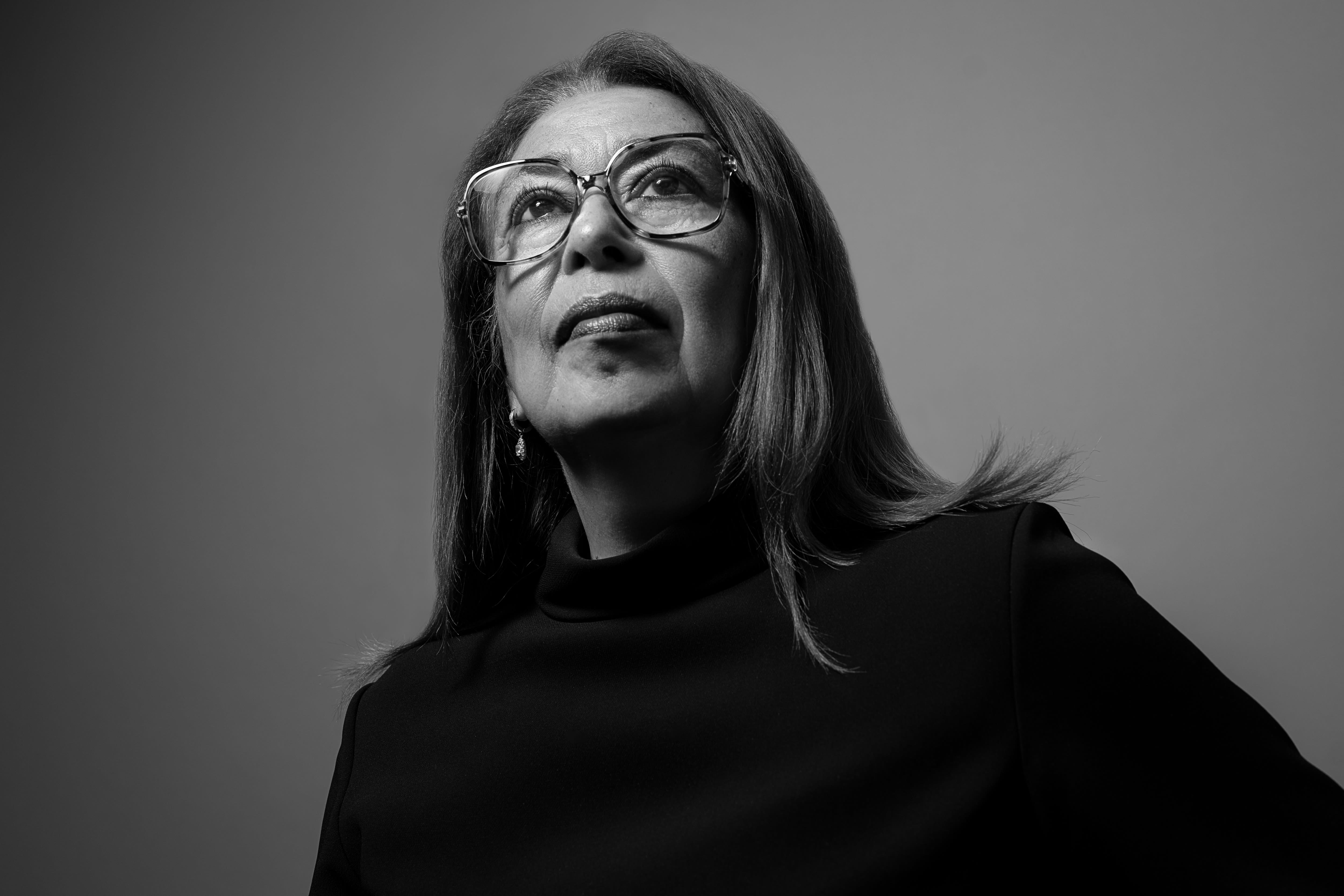Sarasota's Black Community Reacts to the Death of George Floyd
This article is part of the series Listening to Diverse Voices, proudly presented by Gulf Coast Community Foundation.
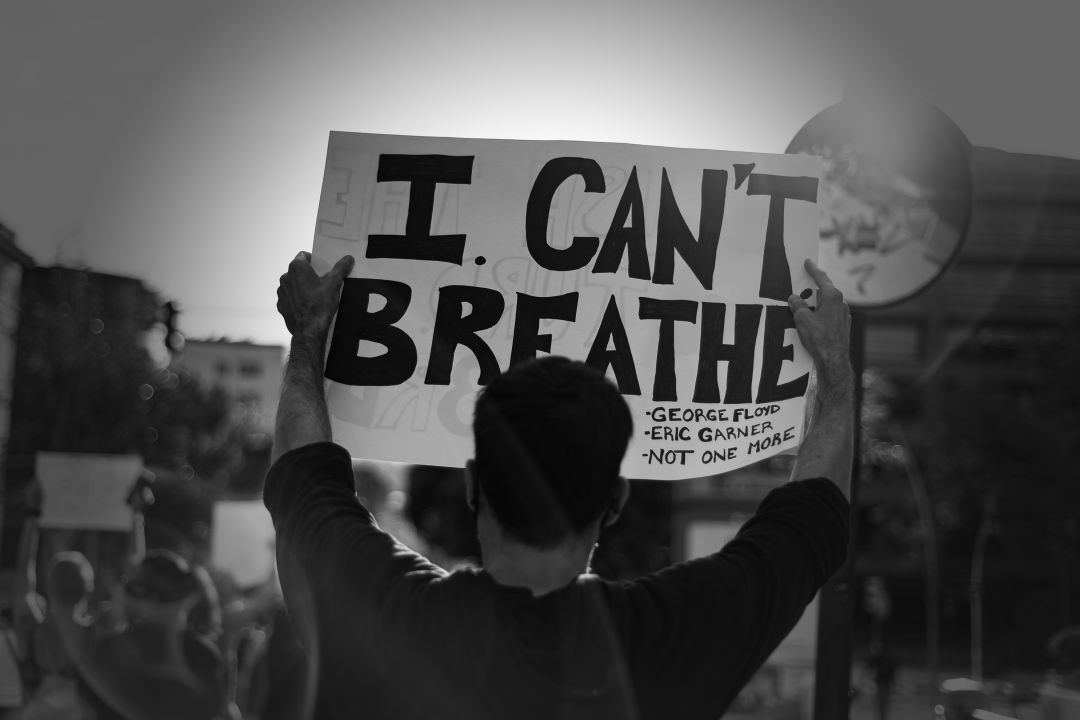
Image: Shutterstock
Days of gripping national protests and the inflammatory law-and-order backlash in the aftermath of George Floyd’s death have us looking for answers and hope. What do these events say about our country, our hometown? And how do we move forward?
Here are the voices of neighbors, all of them Black, from an award-winning journalist who had a front-row seat during the civil rights movement of the 1960s, to a man who helped Florida felons win the right to vote, to a young marketing manager who created a nonprofit to connect minority professionals in our region, to a woman who lost her son in a police shooting.
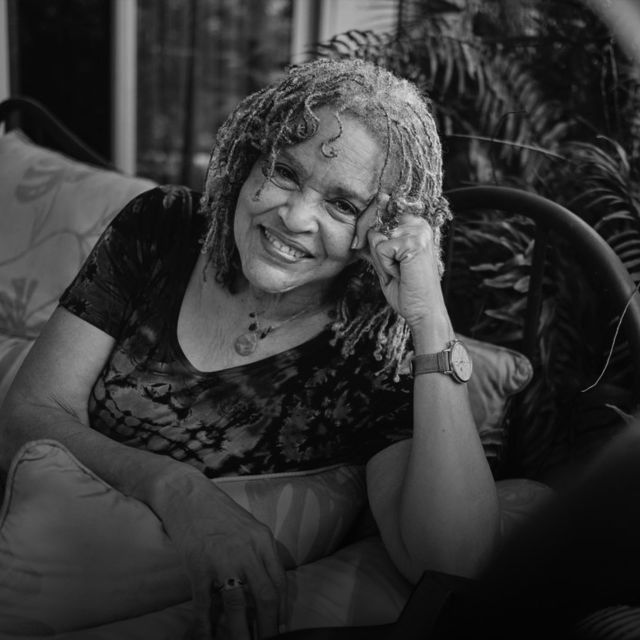
Charlayne Hunter-Gault
Image: Evan Sigmund
Emmy- and Peabody Award-winning journalist Charlayne Hunter-Gault, 78, the first Black student to integrate the University of Georgia in 1961
“I am in communication with so many of my friends—of all colors— who know, understand and, in many cases, feel the history of African Americans in this country. They are, understandably, hurting, for this current moment reminds them of how far we still have to go to ensure that all people get the same justice.
“As I have binge-watched the mostly young demonstrators all over the country these past few days, my mind harkens back to the time when I was of that age and young people were protesting and going to jail without bail until their cases against racial injustice could be heard in the courts, where they hoped they would get a fair hearing and a ruling consistent with the promise of democracy. In the end, their sacrifice and their victories provided yet more proof to the words Martin Luther King Jr. loved to inspire us all with, to wit: The moral arc of the universe is long, but it bends toward justice. And that is what keeps me hopeful, even as I wipe away my tears these days.”
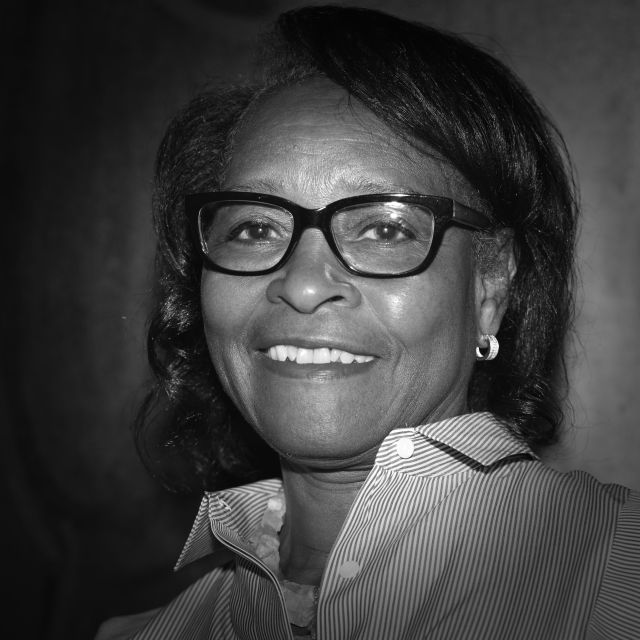
Clemmie Cash
Image: Courtesy Photo
Clemmie Cash, 72, social worker, volunteer, philanthropist and photographer, who graduated from a segregated high school in 1966 in Fort Worth, Texas
“How do I feel? Numb. Numb because this is not a new experience and, at this point, I still do not believe it will be the last experience. Numb because as desperately as I want to have an answer and a means out of where we are in this country—as a practice of 400 years—I am not hopeful. I find myself concerned about what and when will be the next injustice? And, worse yet, if it will be close to home with a family member or a friend.
“Healing is challenging, to say the least. That would be utopia. I don’t know if we’ll make it to utopia, or even if I believe in it. If we work honestly and with integrity to focus on this issue, maybe there can be some degree of healing. To move forward and endeavor to repair the inequities we should look at three pillars: communication, exposure and experience. None are easy.
“Communication is difficult because some people communicate without the intention to listen and some listen without the intention to communicate.
“Being exposed to another is being open to seeing that human for who they are at their core, consciously shedding preconceived ideas, whether it’s people of color or people in the LGBTQ community. This is not to be confused with empathy—what I’m speaking of is having appreciation for another.
“And even though exposure and experience are similar, experience is where true communication happens. It’s essential to be willing to know what another person’s experiences are. Really getting to know other people of varying cultures. And, it’s important to note that not all African American experiences are the same, nor are they defined by one overarching characterization.”
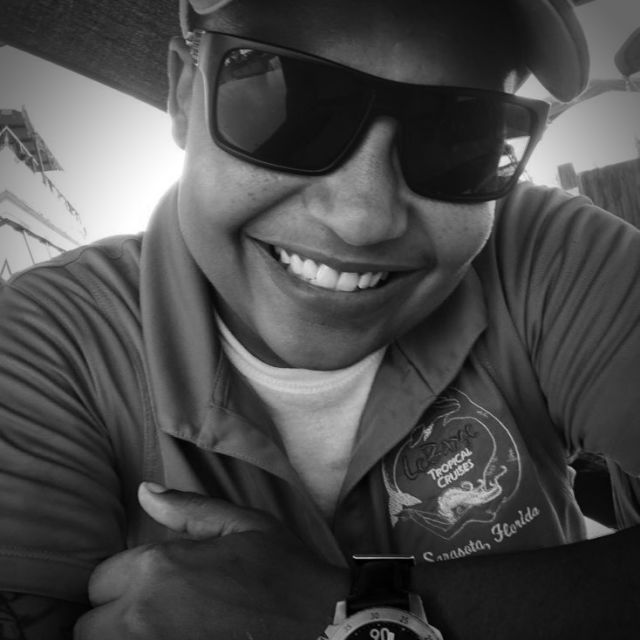
Anne Barnett
Image: Courtesy Photo
Anne Barnett, 33, born and raised in Sarasota, proud Black lesbian, property and office manager
“I was incarcerated at the age of 16, got out of prison in 2010 and I’m proud to share that I turned my life around to become the woman I wanted to be. My daily intention is to spread my love and share my big smile with the world. However, since my release I am a nobody to the police but Barnett, Anne, D.C. number S23899.
“Prior to the events that ensued after the George Floyd murder, I was alert but not scared. Now, I am extremely fearful. I don’t know what’s around the corner, or what happens when I walk out the door, or what police officer will hit me, or maybe even kill me. So, I go to work and I go home, that’s it. I am completely terrified. The unknowing is unsettling. This is my life now.
“I do have hope that the world can come back together. The police, on the other hand, I have no faith in.”
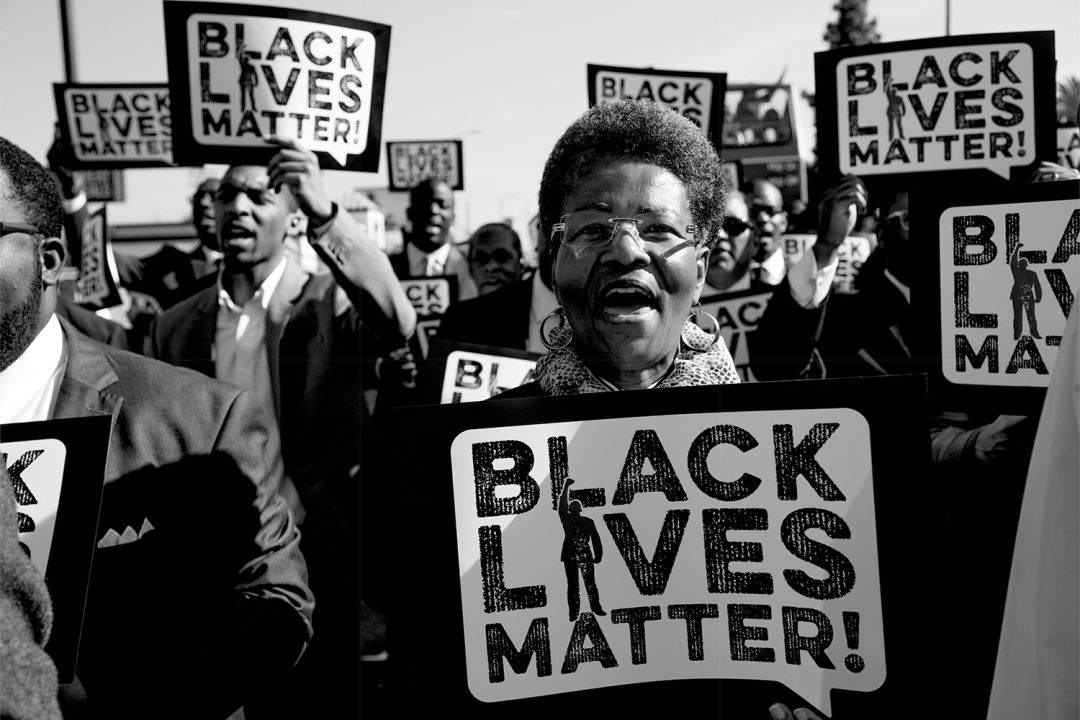
Protestors at a Black Lives Matter rally
Image: Joseph Sohm/Shutterstock
Queen Zabriskie, 39, assistant professor of sociology at New College, whose teaching and research interests include race, gender, class and social inequality
“This is an intense moment of awareness of an issue that many activists and scholars and concerned parents and people who have lost loved ones have been pointing out for a number of years now. The police brutality, the impact of racism on life changes and outcomes and opportunities…we’re still in the middle of this pandemic, which has revealed how people of color, indigenous people, have worse health outcomes because policies have created huge health disparities, as we’ve seen it playing out in Black and brown and indigenous communities, as well as institutions like jails and prisons.
“Now we see the violence against people of color and Black people in particular. I’m thinking about the woman in Central Park, who interacted with a Black man, calling 911 and escalating the terror in her voice to put this Black man in his place. We have all the cell phone footage now, but people have known for a long time that this exists, going back to W.E.B. DuBois and Ida B. Wells-Barnett, who spearheaded an anti-lynching initiative at the turn of the 20th century. Today we have Black Lives Matter.
“I’m hopeful [for change], but critically hopeful. I see people and institutions trying to examine their policies. For example, at the store in Minneapolis [where the George Floyd incident took place], there was an automatic policy of calling the police in those circumstances.
“People need to figure out what they can do in their own homes and communities. People of all races have to work to learn more, to really get clear how racism has misshapen them. These conversations are happening more and in places where maybe people haven’t talked about them. Racism is not natural; it’s been created by humans, and it can be undone. I would encourage people to look into our local Sarasota Anti-Racist Working Group [head to sarasotapeacenter.org for more about this].”
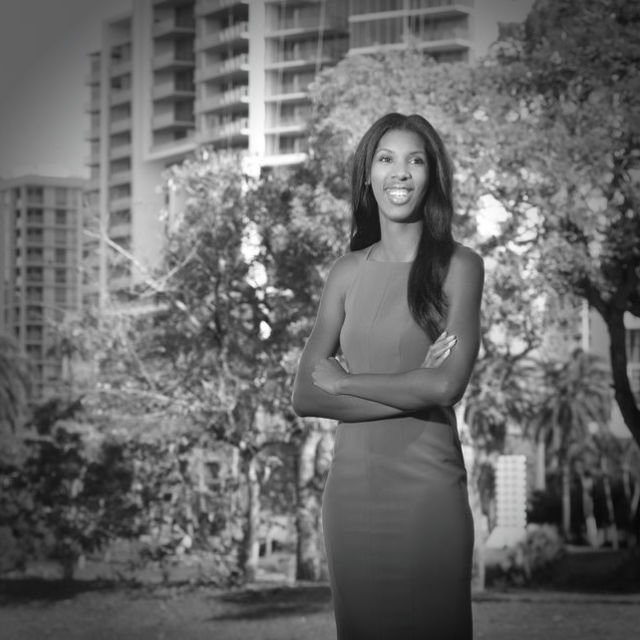
Samantha Gholar
Image: Barbara Banks
Samantha Gholar, 34, founder of Emerge Sarasota, a nonprofit that connects the area’s minority young professionals
“People who aren’t people of color are realizing that there is a lot of trauma in the Black community when these things keep happening over and over. I know that a lot of my friends, especially white women, are uncomfortable speaking out about it, because they’re concerned about how they’re going to be perceived in the white community. After I made a post on Facebook, a flood of women emailed me or messaged me or texted me, saying, ‘You’re right. I’m afraid to say anything.’
“There are so many layers of so many things we have to move through as Black women and Black men and in America, in Sarasota, it just feels like nobody cares. It’s exhausting. It’s absolutely exhausting.
“I feel like there are so many Black and brown and white and Latino people who support so many huge causes that are so important—hunger, poverty, literacy. There are so many things that get so much support, but when it comes to racial injustice, people are standing around, saying, ‘What can I do?’ I feel like people want to do things, but they’re so nervous about doing the wrong thing that the action won’t start. That’s really frustrating. You figured out how to save the whales, fix the coral reefs, but you can’t figure out how to approach someone who’s in my shoes.”
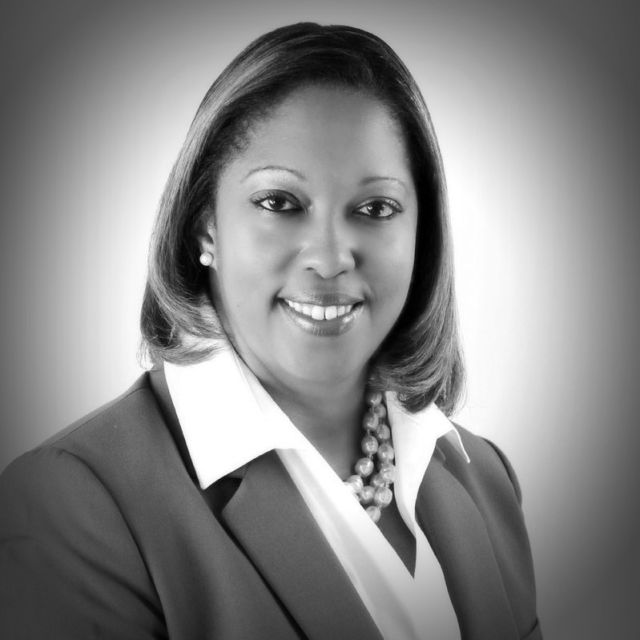
Shelli Freeland Eddie
Image: Courtesy Photo
Sarasota Vice-Mayor Shelli Freeland Eddie, 46
“I’m horrified by the incident. It goes beyond skin color. It goes beyond politics. It’s a human being. I’m appalled about that. I am upset and angered about that. I’m incensed that things have not gotten better. Policies and procedures need to change.
“I was happy to see the officer who was most responsible was arrested, but the other three officers need to be arrested, because they were clearly accessories. Mr. Floyd wasn’t a threat. They were complicit in his death.
“The protests and the outrage are justified. I do not think looting and burning down property are justified. But I understand the anger. The sentiment is, ‘Here we go again.’ I very well understand their pain and frustration. When you’re helpless and hopeless and you have cried out for so many periods of time, sometimes people resort to things that don’t make sense. I think it’s a little hypocritical for us to sit back and say what we would have done. We don’t really know. There needs to be some understanding and some empathy, and I think the community needs to acknowledge that this was wrong. It seems like the Black community continues to be all alone. There is this silent acceptance by white America, that doesn’t say anything, to a large extent.
“The problem is there is no movement until there is a tragedy. We’re not having these conversations until there is a George Floyd or Philando Castile or Trayvon Martin.”
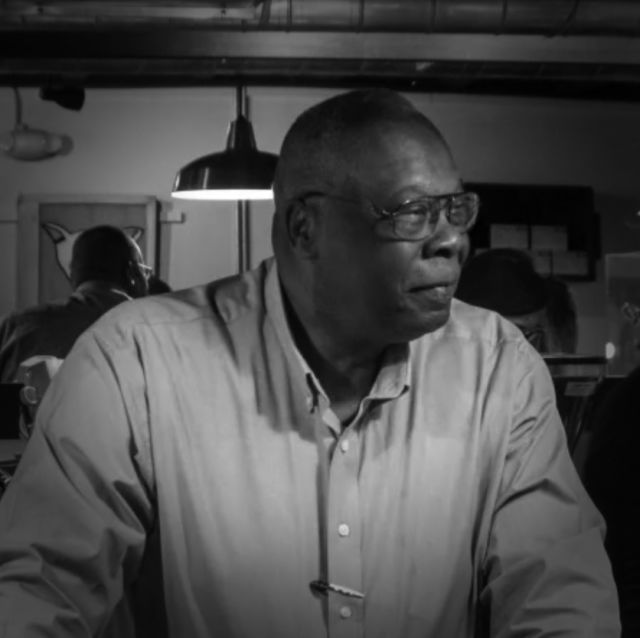
Willie Shaw
Image: Courtesy Photo
Sarasota City Commissioner Willie Shaw, 72
“The crisis is a result of what is already here—the conscious and unconscious racism in this country. The incident with Mr. Floyd and others are the results of this country’s systemic racism.
“Both marches in Sarasota were very good examples of peaceful protest. Both were well attended and very disciplined. I can’t say enough about the young people who have involved themselves here.”
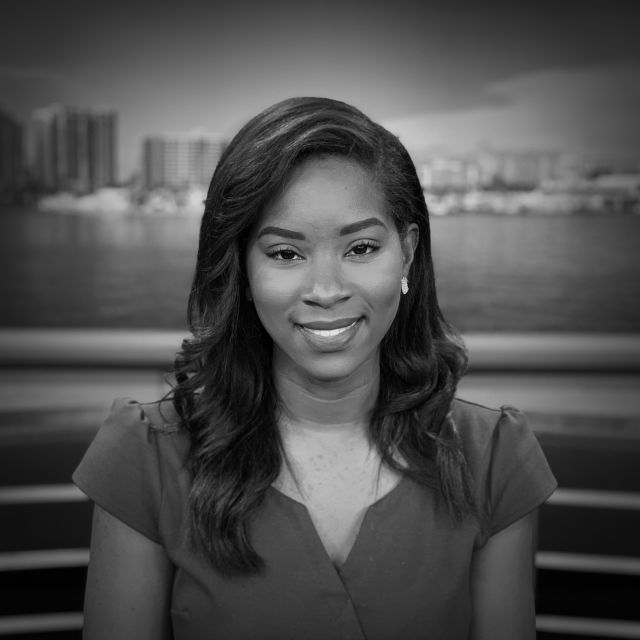
Marcine Joseph
Image: Shutterstock
Marcine Joseph, 26, ABC7 multimedia journalist who has been covering the protests in Sarasota and Bradenton
“I’m from Miami, and I began working in news markets over there. The first summer of my internship, Trayvon Martin died. I knew his cousin. He went to our school. Since that first time, every summer since I’ve worked in the news there has been something dramatic that happens involving police brutality.
“The first two protests I covered here Sunday had a very different tone [than some of the violence in other cities]. It felt like, ‘If you want to protest, come, but don’t stir up violence.’ In both Sarasota and Bradenton, the police were there, but it was peaceful.
“Now, with the release of the video [showing a Sarasota police officer in mid-May kneeling on a suspect’s neck, as in the George Floyd case], the tone on social media is changing a little bit. We’ll see what happens at the next protest.
“When I was covering the protest in Sarasota Sunday, around Washington Boulevard, by the movie theater, a car sped up toward me. I jumped out of the way. I’m still looking for surveillance video of that. Any car that’s coming toward you is not a good experience. But what I’ve seen across the nation has been far worse. I’ve had friends tear gassed.”
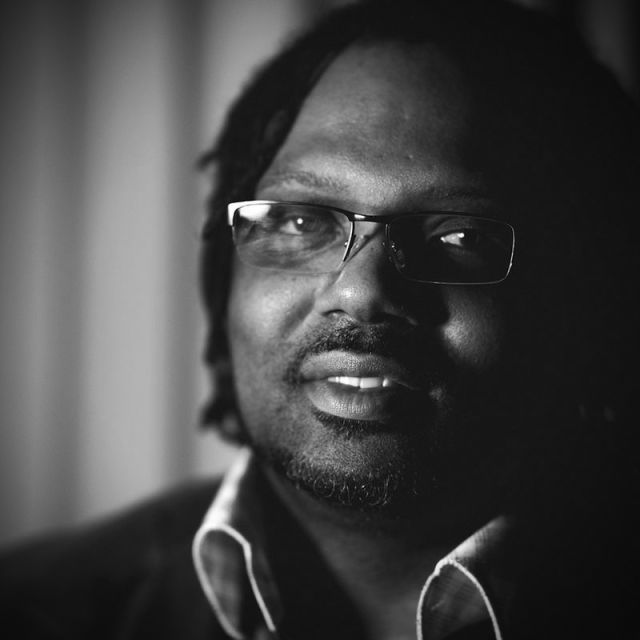
Demetrius Jifunza
Image: Everett Dennison
Demetrius Jifunza, 43, founder of the Sarasota chapter of the Florida Rights Restoration Coalition, which helped win the right to vote for felons who have completed their sentences
“I’m not surprised by the events. I’m surprised by the magnitude. I believe in peaceful protest, but the amount of violence, that’s shocking. But I also understand misplaced anger and trauma. These events have been repeating themselves. It builds—frustration, rage, trauma—and when there is no outlet, this is the result you have.
“I include my children in pretty much everything, and we see it on the news. I want them to sit there. They’re going to hear it, regardless. I’d rather them hear it from me. You’re constantly seeing people dying in the custody of law enforcement, and just like in every group, you may have a few bad apples, but you don’t judge the entire population. It’s hurtful, because I still want my children to look up to law enforcement, but at the same time I have to have these healthy conversations with them.
“The best thing to do is to engage more in your community. We only come together when negative stuff happens. We shouldn’t wait until something negative happens before we start engaging.”
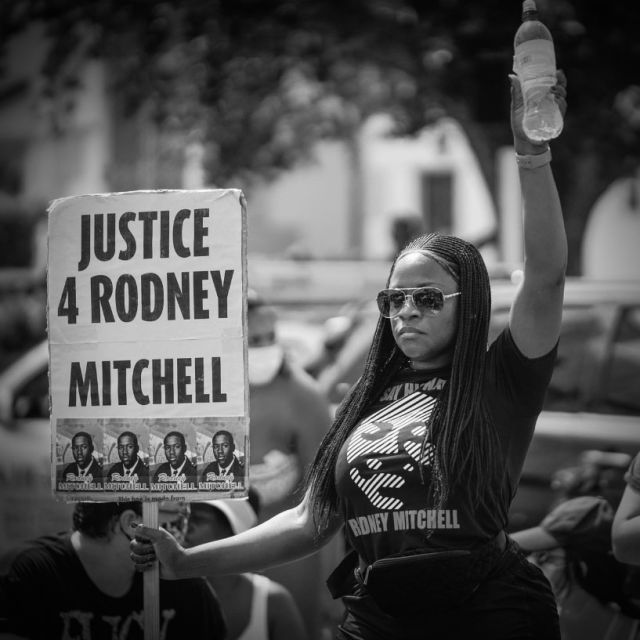
Natasha Clemons
Image: Courtesy Photo
Natasha Clemons, 48, vice president of the local Black Lives Matter chapter, hospital nurse and mother of Rodney Mitchell, who was pulled over by Sarasota County Sheriff’s Office deputies for a seatbelt violation in 2012 and shot in the head and killed
“[This incident] takes me to a place that I don’t want to be. I can’t watch it. It’s the same hatred toward Black and brown people. It’s just a different city. They hate us for who we are. We didn’t choose our race.
“I know for a fact my son was crying and yelling out for his mother, as well. My son was a very good kid. He didn’t do anything to be shot execution-style. He didn’t deserve that. It’s time to do what we need to do to get the justice we deserve when it comes to these police officers murdering our sons. I try to be forgiving, but I can’t forget. [These deputies] are married and happy with children. I can’t be happy. When these murders continue, it gives me PTSD. I can’t even go to work. I can’t function. Had these laws been changed back then, this wouldn’t be happening now.
“I feel like I’ve been silent long enough, and it hasn’t worked.”
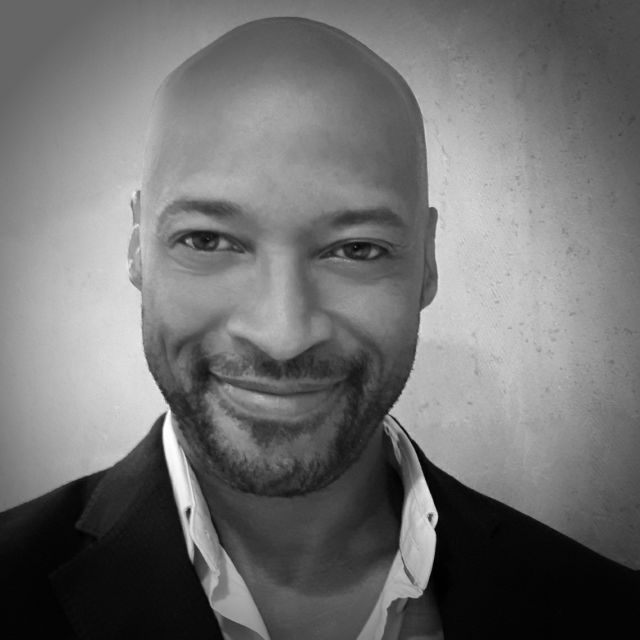
Kyle Battie
Image: Courtesy Photo
Kyle Battie, 51, candidate running for the District 1 seat of the Sarasota City Commission
“It is going to take all of us. Just like the Freedom Riders. It’s going to take races from all across the board. It takes everyone to speak up for humanity.
“What we’re seeing is totally and completely counterproductive. They’re acting the very way they don’t want people to see them.
“My mother’s biggest fear when I was a child and a young man was me not coming home. I’ve been pulled over by police. Could you imagine if one of those police officers had a bad day or thought they saw a gun? It could have been a totally different outcome. I’m an African American man and I carry myself with dignity. I take pride in my appearance. I take pride in how I treat people. I’ve modeled. Even with that, if I’m in the store and I walk next to a white woman who has her purse in her basket, I feel uncomfortable because I fear that she will feel uncomfortable. So I just go the other way.
“We have to expect more of ourselves. My expectations for you should never exceed your expectations for yourself. Everyone has to search their own humanity to do the right thing and stand up for what’s right."
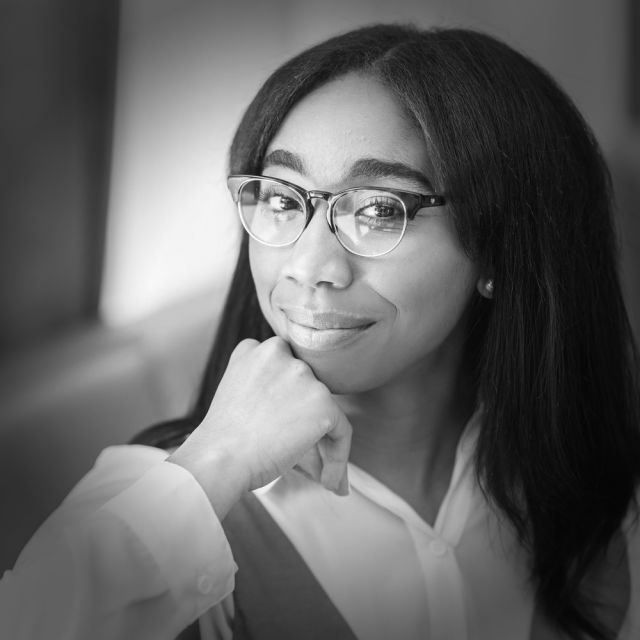
Tianna Boswell
Image: Christina Jones Photo
Tianna Boswell, 29, Manatee County Government, Finance (buyer) and Creative Director of The Localista
“Right now, I feel an immense pain for my community. It’s very heavy. Being Black in America means there’s always this state of processing the injustices happening around us, in addition to the ones happening in our lives, whether through microaggressions, appropriation or the white gaze. Then you take into account our struggle for our human right to live—it’s very taxing. A lot of people are, once again, trying to process. We’ve been talking about this for centuries.
“I think it’s time that we come together to create solutions, to acknowledge the fact that this is not a singular incident—that it draws into question our human rights as a people. It’s incredibly important to make active change in a capacity that could prevail us to move forward.
“In Sarasota, I see a deep desire for diversity, but I think we need to come to terms with the idea that diversity shouldn’t only be included when there’s a crisis. When you want to integrate diversity, inclusion and understanding the Black experience, make sure all those players are actually involved with what you’re doing. Do you have Black writers on your board? Are there Black people on your social media team? Are they always a part of the values you’re trying to uphold within your organization? When Black people are sitting in the room with you, there won’t be moments of hesitation or confusion about how to address a crisis like this—and I do think there needs to be a response.
“We also need to be more knowledgeable about our policy and elect government officials who are in favor of systematic change and really getting involved with the Black community. There are a lot of areas we can work on so that when moments like this happen, we can open up the narrative. If we had more people sitting in the right space, we wouldn’t be confused about how to address what’s happening.
“I love our community and I think we have potential. We need to be honest about the ways we’ve been doing things, and there needs to be some restructuring. We need to come together, ask the right questions, dig deep into what the community actually needs and how that looks for everyone. We need to focus on what we should actually do to create change.”
